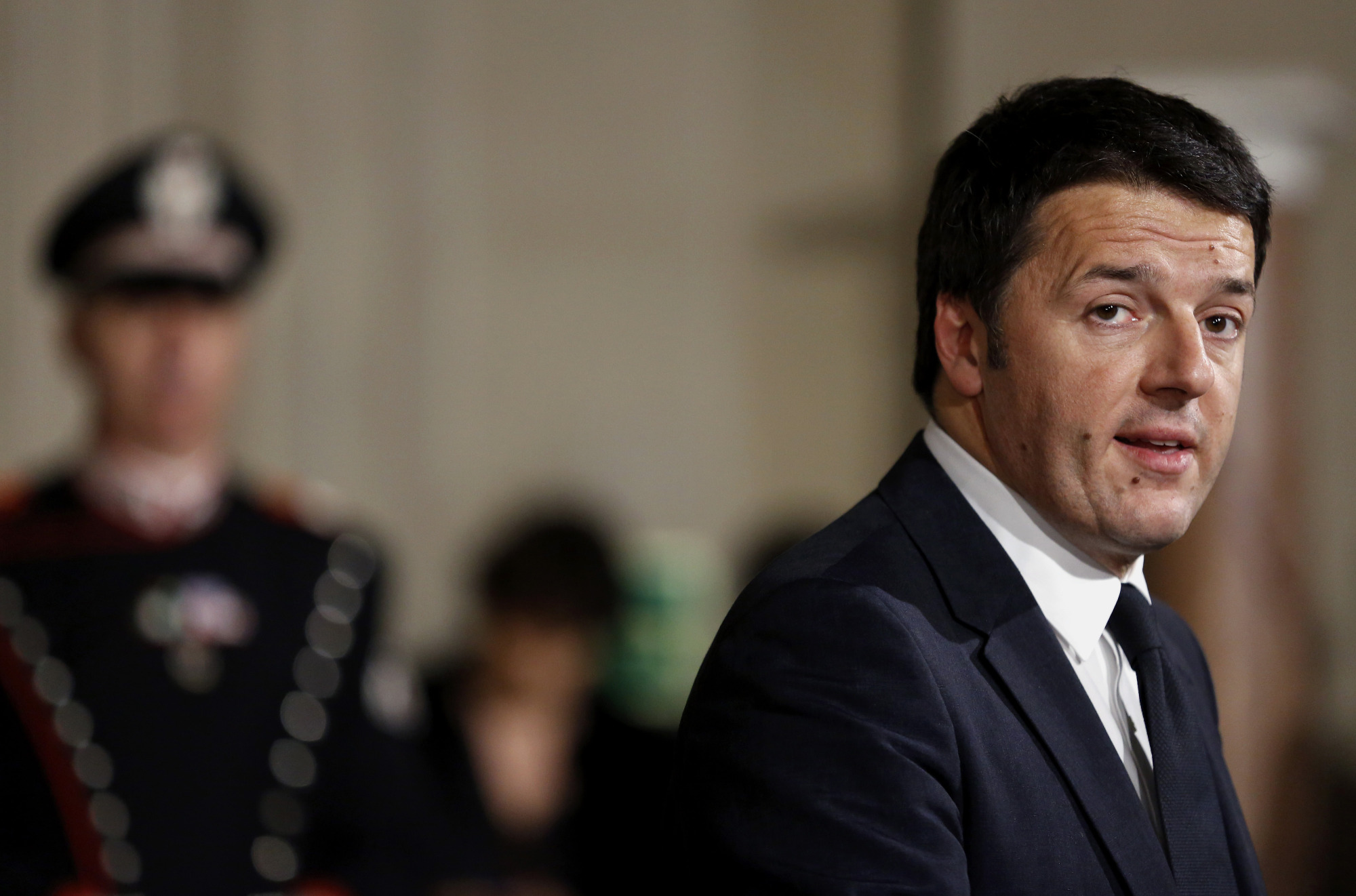Italy is ready to get its sixth top minister in 10 years. Matteo Renzi will soften his resignation on Monday (Dec. five) following a large defeat in a referendum on constitutional adjustments the day before. “My authorities revel in ends here,” he stated in an emotional speech after the polls closed at 11 p.m. nearby. The votes are still being counted at the time of writing. However, the result is clear—voters comprehensively rejected the constitutional reforms proposed through Renzi, with the “No” camp triumphing a few 60% of the vote. Turnout became high, at nearly 70%.
On paper, the referendum became approximately a package of modifications to the charter designed to streamline selection-making by centralizing electricity with the decreased residence of parliament. But the vote became a referendum on Renzi himself after he—rashly, in hindsight—promised to resign if it went against him.
Like Britain’s David Cameron in advance this 12 months, the Italian chief was undone with a Sure-No vote that wasn’t immediately approximately him or his party. As an alternative, huge dissatisfaction with a sickly economic system, excessive unemployment, and poisonous banks seem to have gained the day in Italy.
Markets are jittery, with the euro falling in opposition to the dollar as soon as the result of the vote became clear. It’s now not a rout, even though, because markets had been anticipating a “No” vote primarily based on polls inside the run-up to referendum day.
Small wiggles in Italy’s monetary marke may have massive effects—the United States has more than €2 trillion ($2.1 trillion) in remarkable government debt, worth more than 130% of GDP. What takes place now? Renzi says he will resign his resignation to President Sergio Mattarella on Monday. After that, matters get messy.

Read More Article:
- This gaming AI doesn’t play video games
- Longzhu Gaming ended the LCK
- Arcemont promoted to move Aruze Gaming’s worldwide income
- Students get ‘schooled’ in pc programming
- There is a new game enthusiasts’ paradise in Soho
How messy? Wolfango Piccoli of research company Teneo Intelligence reckons those are the feasible eventualities (click on right here for a PDF):
The likeliest path is that Italy receives a caretaker authority, with Finance Minister Pier Carlo Padoan considered a front-runner to serve the relaxation of the term. The following widespread election was due in 2018. Still, Renzi’s combatants, which encompass the center-proper, populist some distance-right, tough left, and different anti-status quo events, may also try and pressure a snap election to gain energy. The sooner the election, the more uncertainty and instability it will entail for Europe’s fourth-biggest economic system.
Italy is no stranger to the political turmoil of direction—it has had 63 governments since the republic’s founding after World Conflict II. A renewed bout of instability is unwelcome. The 5 Megastar Motion, an upstart populist birthday party that wants to preserve a referendum on Italy’s club of the euro area (however, now not the European itself), is neck and neck with Renzi’s Democrats as the celebration probably to garner the most votes in the next election.
Complicating subjects is a push to reform electoral legal guidelines to award the most famous birthday celebration bonus seats for making certain more stable government majorities. The rejection of constitutional reforms makes electoral changes doubtful—perversely, that possibly hurts the probabilprobabilitypopulists celebrating Renzi’s defeat gaining strength, in line with analysts at Manulife.
It is too simplistic to say that what happened in Italy is akin to the Brexit vote in the Uk or Donald Trump’s victory in the US. In Rome, the populists agitated for citizens to stick with the fame quo, and the result ought to make it harder for them to seize strength down the line. The goal of their ire was 41-12 months-old Renzi, Italy’s youngest-ever prime minister, who they painted as part of an ossified, ineffectual status quo. Many steps could need to take place earlier than something like Brexit—or “Quitely,” if you’ll—is a faraway possibility in Italy. What’s clear, however, is that a founding member of the EU and euro sector has been shaken, and the repercussions are not likely to break it out of its monetary stupor.


